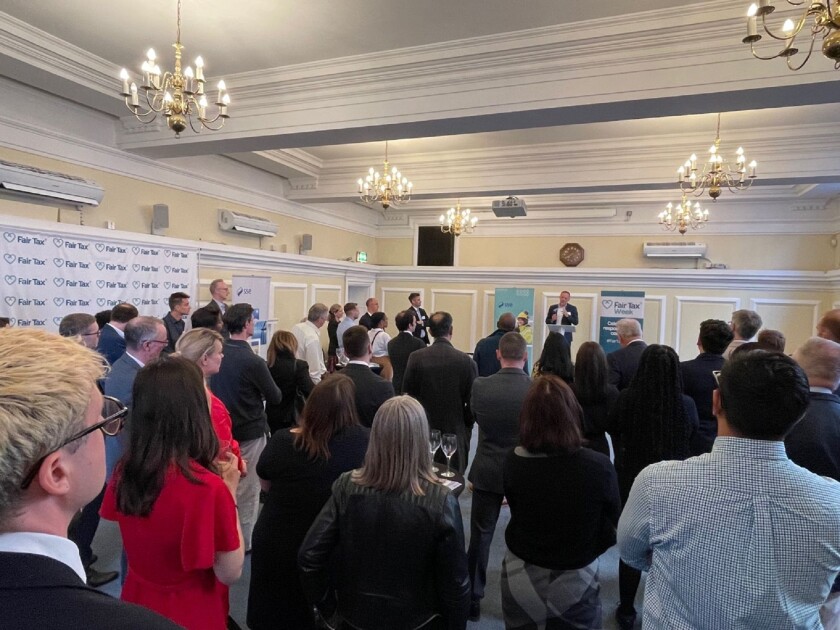The British public generally views conduct on corporate taxes as not just a financial matter but a moral one too, according to research from an organisation for tax justice.
The Fair Tax Foundation rolled out the results of its public survey on the attitudes surrounding the ethical disclosure of taxes, in a publication on Wednesday, June 7.
Overall, the public sentiment in 2023 reflects a continuation of general trends since the survey began in 2017. The study maintains the UK is “very much a fair tax nation”, though steps towards reform should be taken to uphold the country’s reputation in the future.
Support behind the public disclosure of taxes by companies of all sizes was high, with 74% of the 2,000 respondents (representing the demographic makeup of the UK) agreeing with the motion.
Similarly, three-quarters of the respondents agreed that the UK government should enforce measures compelling multinational enterprises to declare their financial information and how much taxes they have paid in every country of operation.
Beyond the filing of tax-related data, the British people are keen to vote with their wallet by backing tax-compliant companies and shunning those that do not contribute enough. Seven out of 10 people participating in the poll said they prefer to do business with companies that pay their fair share.
The Fair Tax survey also touched on the ethical ramifications of tax compliance. Support for working for businesses that pay their fair share of taxes reached 72% in 2023.
This suggests that matters surrounding corporate tax conduct can rank alongside environmental, social, and governance-related aspects in the eyes of the British public.
Tax compliance reform
Based on the significant popular support shown by its survey, the Fair Tax study listed several recommendations to curb tax avoidance.
According to HM Revenue and Customs (HMRC), the difference between the net and gross tax for tax year 2020-2021 was substantial, amounting to £32 billion ($40 billion).
To bridge the tax gap, Fair Tax supports the UK government’s Economic Crime and Corporate Transparency Bill that mandates the filing of profit and loss statements by small and micro enterprises.
Attending the launch of the Fair Tax Week event in Westminster on June 7, this ITR author asked the foundation’s spokespeople if requiring the periodical disclosure of tax information could put undue pressure on resource-strapped small businesses.
In response, CEO of the Fair Tax Foundation Paul Monaghan spoke out on the need for better tax regulations, citing tax dodging as an under-appreciated and serious problem among small enterprises.
In its survey, the non-profit referenced the findings by HMRC that micro and small businesses are responsible for two thirds (66%) of outstanding tax duties.
Monaghan called for a return to pre-2006 filing standards, which required the disclosure of profit and loss data by companies both large and small.
The Fair Tax study portrayed HMRC as an “under-resourced” institution. Invited to comment on ways to improve the government body, the head of communications at the foundation, Graham Drummond, said reform is not merely a matter of general funding.
Rather, substantial additional resource needs to be found for tax compliance and recovery, given this area has been stretched beyond breaking point. Any investment will almost certainly pay for itself and then some, Drummond said.
The Fair Tax Foundation used the event to launch its Fair Tax Week, hosting conferences, webinars, and debates on issues surrounding corporate tax conduct in the UK. The week runs from June 8 to 18.











